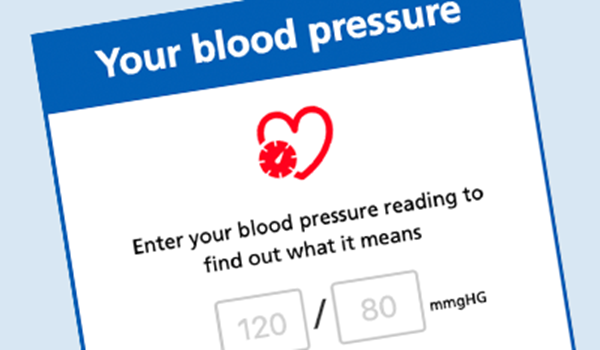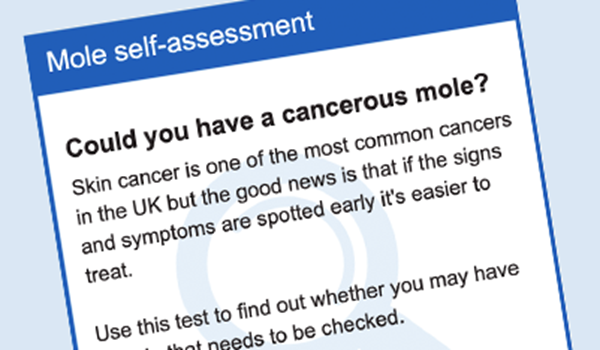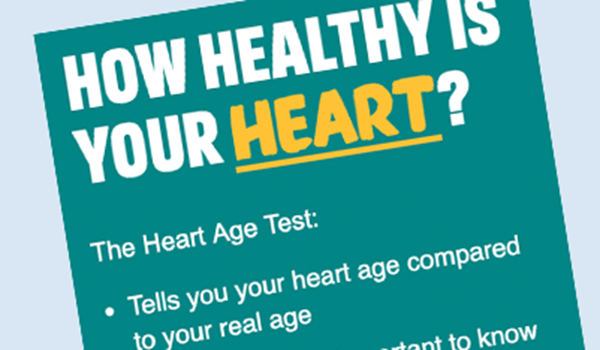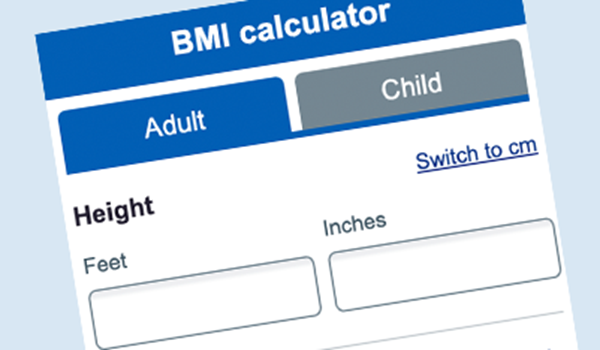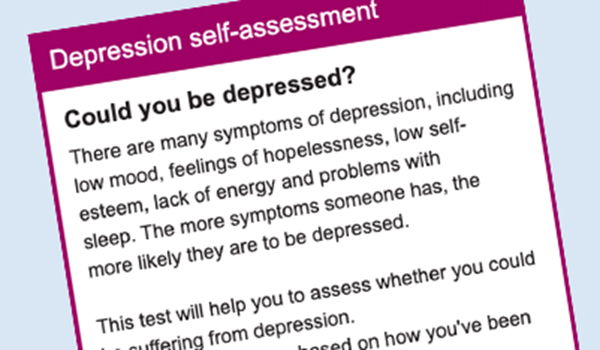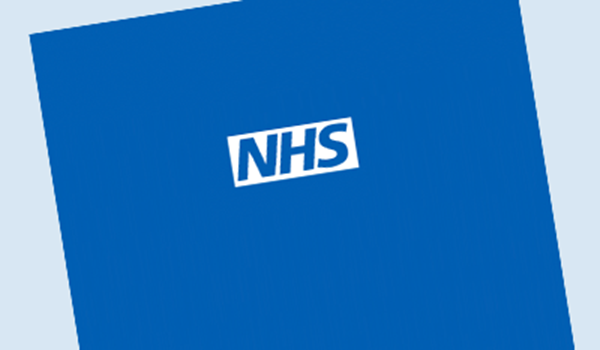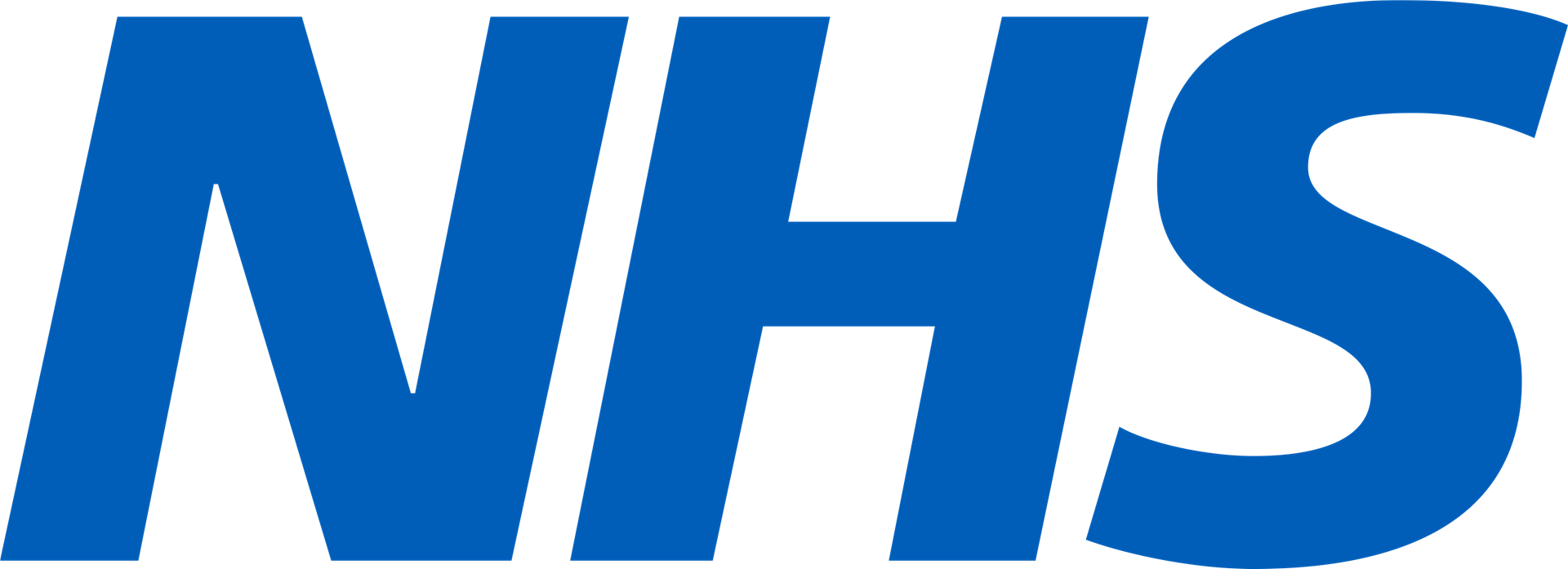Live Well
Healthcare for the armed forces community.
How the NHS can help if you're in the British armed forces or are a veteran, a reservist or a family member of someone who is serving or who has served.
Mental Health
Physical Health
Information for patients about the weight loss drug Tirzepatide (Mounjaro)
Updated 19 June 2025
This information is about how the weight loss drug tirzepatide (Mounjaro) will be prescribed to patients.
The local NHS is aiming for this drug to be available to those eligible later in the year but is paused whilst we set up local clinics for Derby and Derbyshire.
We are working across the local NHS to put in place community-based clinics to meet areas of greatest need. This is being organised by the Integrated Care Board (ICB) which has the responsibility.
How can I access tirzepatide (Mounjaro)
Please do not contact your GP if you think you are eligible as it will not be available in Derby and Derbyshire until later in the year.
The ICB will publish more information on this page once a service has been set up explaining who can access it and how this can happen.
What is tirzepatide (Mounjaro)
Tirzepatide, also known as Mounjaro, mimics gut hormones released by the body after eating, telling the brain you are full and slowing down the time it takes the stomach to empty.
Who can get these injections
There are clear rules about which patients can get tirzepatide (Mounjaro) from primary care.
Eligible groups will be phased, the initial priority criteria are as follows:
You must have a BMI (Body Mass Index) of 40 plus* and four or more of the following diagnosed health conditions:
✓ type 2 diabetes
✓ high blood pressure
✓ heart disease
✓ obstructive sleep apnoea
✓ abnormal blood fats (dyslipidaemia)
(* We use a lower BMI threshold – usually reduced by 2.5 kg/m2 – for people from South Asian, Chinese, other Asian, Middle Eastern, Black African or African-Caribbean ethnic backgrounds.)
How will the NHS decide
It will not be accessible to everyone who wishes to use it. People with the highest health risks and who meet the clinical criteria will be prioritised.
Access to tirzepatide (Mounjaro) will be phased in gradually to make sure primary care services are not overwhelmed and can manage the extra demand safely.
The local NHS in Derby and Derbyshire is aiming for it to be available to people who are eligible later in the year. This is being organised by the Integrated Care Board which has the responsibility.
What should I do if I’m worried about my weight?
There are other options for weight management available in Derby and Derbyshire.
If you are concerned about your weight, you can self-refer into these two weight management schemes which provide help and support.
If you live in Derbyshire you can access: Home – Live Life Better Derbyshire You do not need to contact your GP to access these services.
Page created: 06 February 2024
